Latest News
EITI: Afghanistan achieves transparency despite barriers
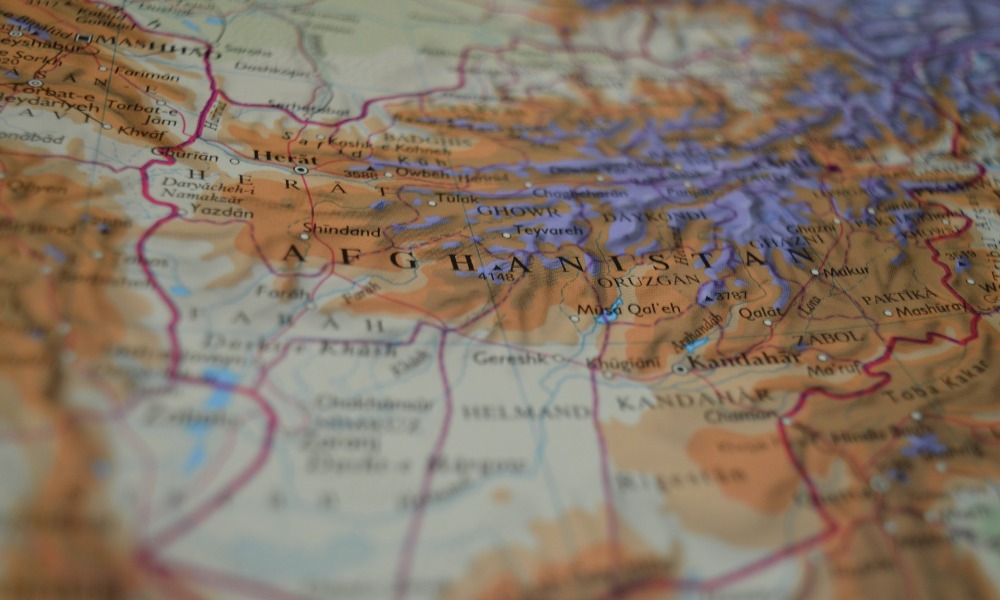
Following its second Validation, Afghanistan has made meaningful progress in implementing the Extractive Industries Transparency Initiative (EITI) Standard.
Afghanistan has been a member of the Extractive Industries Transparency Initiative since 2010, but its membership in the organization was suspended due to its inadequate implementation in 2014 and 2017.
The Extractive Industries Transparency Initiative (EITI) in a statement on Thursday said that Afghanistan has improved its transparency of licenses and contracts, state-owned enterprises and quasi-fiscal expenditures. As a result, Afghanistan’s temporary suspension has been lifted.
EITI board congratulates Afghanistan for addressing shortcoming identified in its first validation through systematic disclosures of data delivered by concrete reforms in government systems.
Afghanistan’s President Ashraf Ghani noted the important role the EITI plays in the country. “Every citizen has the right to know who is developing the country’s natural resources and how the government is managing the revenues from these industries on their behalf,” he said. “The EITI is one of the tools that is helping us achieve this policy objective. It has been instrumental in supporting our institution-building efforts in a sector critical to the economic future of Afghanistan.”
The Ministry of Mines and Petroleum announced Thursday that Afghanistan has rejoined the Extractive Industries Transparency Initiative (EITI).
Building transparent institutions and systems
Afghanistan’s government has embraced open data platforms, establishing online reporting systems to enhance transparency of extractive sector management and to address shortcomings identified in its first Validation. This has been achieved in an evolving political environment marked by presidential elections in 2019 and intra-Afghan peace negotiations in 2020. The World Bank underscored the EITI’s value in driving public finance management reforms in a context of fragility and violence.
In 2018, the Ministry of Mines and Petroleum (MOMP) launched a new Transparency Portal, providing information on licenses, fiscal terms, legal and beneficial ownership information, production data and non-tax company payments to government. Since then, the portal has become even more comprehensive.
Taking action to improve accountability
State-owned enterprises (SOEs) are important players in Afghanistan’s extractive sector, accounting for nearly two thirds of government extractive revenues between 2008 and 2017. Two SOEs – Afghan Gas Enterprise and North Coal Enterprise – are strategic for the government’s plans to improve revenue generation from the sector.
In 2019, Afghanistan undertook the landmark achievement of auditing the two SOEs for the first time. This exercise highlighted gaps in the SOEs’ record-keeping and financial management, and was a necessary step in the government’s plans to corporatise the enterprises. Moving forward, the government will need to ensure auditing becomes regular practice, drawing on EITI support to follow-up on findings.
Afghanistan’s government has legislated for beneficial ownership information to be made public for mining, oil and gas licenses. The country began publishing ownership data on its Transparency Portal earlier this year. Yet more work needs to be done to ensure that all beneficial owners are publicly disclosed, including politically-exposed persons and owners who control companies through non-equity means.
Strengthening multi-stakeholder oversight
EITI Board Chair Helen Clark commented on the significance of Afghanistan’s recent progress. “Afghanistan has made concrete achievements in improving transparency despite challenging circumstances,” she said. “The priority should be to draw on this emerging transparency for policy-making in the sector. This is key to broader economic development efforts and ensuring that all citizens have an opportunity to engage in debate on the governance of the sector.”
Data from EITI reporting – spanning several legislative changes and wide commodity price fluctuations over the past decade – provides a key resource to support further research and analysis. But despite proactive dissemination efforts, including in provincial capitals, there is a lack of data use by diverse stakeholders.
Yet an initiative by Integrity Watch Afghanistan stands out. The civil society organisation is expanding its community-based monitoring programme to include extractive activities, empowering host communities to track the impacts of extractive projects in their areas. Stronger engagement in EITI implementation by government, industry and civil society could lead to more such innovations.
Afghanistan’s informal mining sector is one area where there is a high demand for data. While the government collects USD 45m a year in mining revenue, it is estimated that more than six times that amount is being lost through unmonitored, small-scale mining activities. There is strong interest, particularly from civil society, to use EITI reporting to shed more light on unrecorded mining and support efforts to formalise the sector.
According to EITI Afghanistan will have 18 months (28 April 2022) to address the remaining five “Corrective actions” in its implementation of the EITI Standard.
The Afghan Ministry of Mines and Petroleum said that the ministry renewing its commitment to implement the corrective actions of the Extractive Industries Transparency Initiative.
The Extractive Industries Transparency Initiative is an international organization that ensures transparency in the country’s mines, gas and oil.
Latest News
Ministries of Public Health and Higher Education sign cooperation agreement
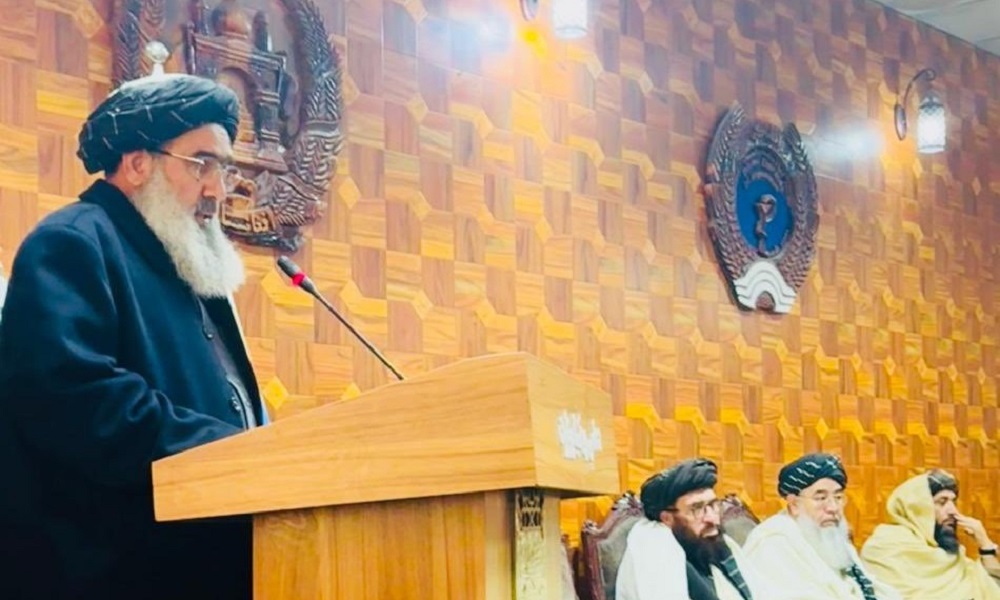
The Ministry of Public Health announced on Tuesday it has signed a cooperation agreement with the Ministry of Higher Education aimed at expanding scientific, research, educational, and technical cooperation.
At the signing ceremony held in Kabul, Noor Jalal Jalali, Minister of Public Health, said that the agreement would lead to significant improvements in the capacity-building of students and doctors, ensure that research is conducted based on evidence, and enable the collection of accurate data.
Meanwhile, Neda Mohammad Nadeem, Minister of Higher Education, described the agreement as beneficial to the public and to both institutions, stressing the need to train individuals at universities who can contribute to social development and make the country self-sufficient in the public health sector.
Latest News
UNAMA holds new round of Working Group meetings on counter-narcotics and private sector
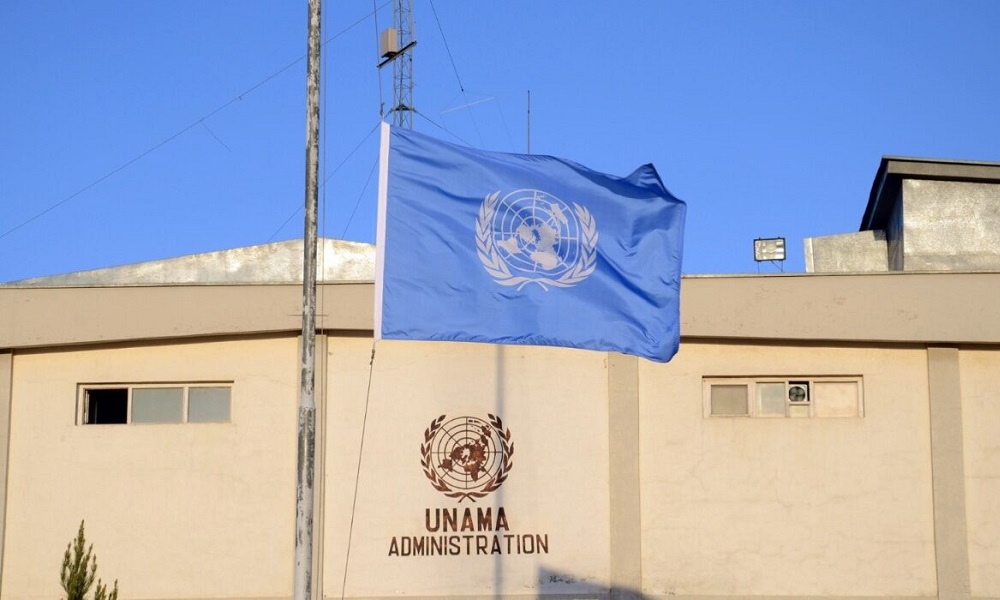
The United Nations Assistance Mission in Afghanistan (UNAMA) has convened a new round of Doha Process Working Group meetings focusing on counter-narcotics and private sector development.
The meetings, held in Kabul on February 3 and 9, brought together representatives of UN member states and international organizations, officials of the Islamic Emirate, and subject-matter experts.
According to UNAMA, discussions in the counter-narcotics working group centered on efforts by Islamic Emirate authorities and the international community to support alternative livelihoods for Afghans previously dependent on poppy cultivation and the illicit opium trade. Participants also reviewed drug-use prevention and treatment initiatives, as well as law-enforcement measures to curb narcotics production and trafficking.
The private sector working group focused on job creation and entrepreneurship, with particular attention to women’s participation in the private sector, market integration, access to finance, and the development of private banking and financial infrastructure.
UNAMA said both working groups identified priority areas for enhanced engagement and explored more effective and sustainable approaches to supporting Afghan men and women. Participants also examined the linkages between the two areas, noting that private sector development is a key source of livelihoods, while counter-narcotics efforts contribute to Afghanistan’s economic and social stability.
The working groups were established following the third Meeting of Special Envoys held in Doha, Qatar, in June and July 2024, in line with recommendations of the Independent Assessment endorsed by the UN Security Council. The process aims to promote more coherent, coordinated, and structured engagement with Afghanistan’s de facto authorities for the benefit of the Afghan people.
UNAMA added that stakeholders engage in the working groups on an ongoing basis, with full-format meetings convened periodically. Since their establishment, the groups have improved information-sharing, helped mobilize additional resources, and facilitated expert exchanges to strengthen support for the Afghan people.
Latest News
Economic Commission approves national policy for development of agriculture

At a regular meeting of the Economic Commission chaired by Mullah Abdul Ghani Baradar, Deputy Prime Minister for Economic Affairs, the National Policy for the Development of the Agriculture and Livestock Sector was approved.
According to a statement from the deputy PM’s office, the key objectives of the policy include the mechanization of the agriculture and livestock sector; development of agricultural, irrigation, and livestock research and extension systems; management of irrigation systems; support for investment in these sectors; and ensuring public access to high-quality agricultural and animal products.
During the same meeting, the development plan for the fish farming sector was also approved.
Under this plan, through private sector investment, 7,700 small, medium, and large fish production and farming facilities will be established on 6,500 hectares of land in various parts of the country.
The statement added that the implementation of this plan will create direct employment opportunities for 50,000 people and indirect employment for 250,000 others.
-

 Latest News3 days ago
Latest News3 days agoAfghanistan to grant one- to ten-year residency to foreign investors
-

 Sport4 days ago
Sport4 days agoIndonesia shock Japan to reach historic AFC Futsal Asian Cup final
-

 Sport3 days ago
Sport3 days agoIran clinch AFC Futsal Asian Cup 2026 in penalty shootout thriller
-

 Latest News3 days ago
Latest News3 days agoAfghanistan says Pakistan is shifting blame for its own security failures
-

 International Sports2 days ago
International Sports2 days agoWinter Olympics gain momentum as medal table takes shape
-

 Latest News3 days ago
Latest News3 days agoTraffic police receive new cars
-
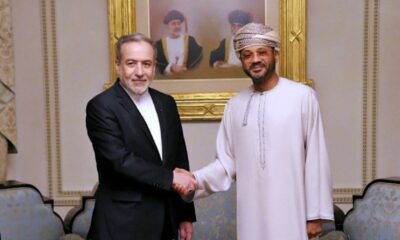
 Regional4 days ago
Regional4 days agoIran’s FM calls Oman-mediated talks with US ‘good start’
-
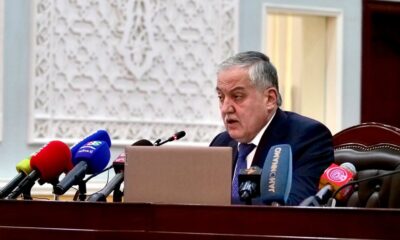
 Latest News2 days ago
Latest News2 days agoTajik foreign minister urges international community to help Afghanistan address its challenges
























